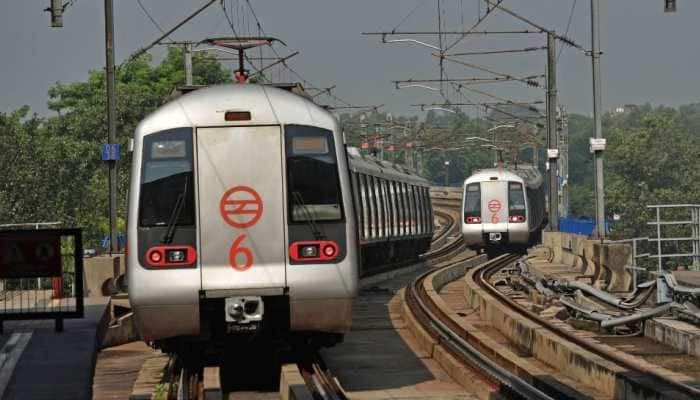UN's anti-terrorism efforts held hostage by some countries: India
The world organisation`s efforts to fight terrorism is "being held hostage to the whims and fancies" of some countries, India has charged in a critique of the UN`s adherence to its Charter.
Trending Photos
)
United Nations: The world organisation`s efforts to fight terrorism is "being held hostage to the whims and fancies" of some countries, India has charged in a critique of the UN`s adherence to its Charter.
Citing the veto exercised by members of the committee set up by a Council resolution to place sanctions on terrorist organisations and their supporters, India`s Permanent Representative Syed Akbaruddin told the Security Council Monday that the panel is "many a time being held hostage to the whims and fancies of one member state or the other."
"There is no explanation required and a simple statement of `objection` or a `hold` or a `block` kills the listing request assiduously built against those who have undertaken heinous activities," he added.
Last June, China blocked India`s demand for taking action under the Council`s anti-terrorism resolutions against Pakistan for setting free Zaki-ur-Rehman Lakhvi, the Lashkar-e-Taiba mastermind of the 2008 Mumbai attack in which 166 people were killed. Akbaruddin in his Monday speech did not directly mention this incident or name China and Pakistan.
"Who bears the responsibility of such decisions or rather `indecisions` when well known terror groups and individuals whose listing has been blocked or put on hold behind the anonymous consensus decision-making process resort to carnage at a subsequent date," he challenged the Council.
"Even brazen public violations of the sanctions regime by listed individuals and entities, far from attracting punitive measures, do not even elicit the mildest censure," Akbaruddin said. "Yet, we the general membership of the UN are expected to comply with the decisions of the Council`s Sanctions Committees decisions or lack thereof."
He said the "`people` in whose name the Charter was adopted" are the targets of terrorist attacks almost every week. "The efforts of the United Nations and the Security Council in taking decisive action to combat terrorism leaves much to be desired."
The ineffectiveness of the UN in fighting terrorism also figured in other speeches. Egypt`s Permanent Representative Amr Abdellatif Aboulatta challenged the UN to show that it could take serious action against terrorism and not just pass resolutions.
Turning to Council reforms, Akbaruddin said, "It is ironical that the Security Council is working towards the establishment of democracy and rule of law in various parts of the world when its own house is not in order. The current structure and methods of work of the Security Council are divorced from reality and represent a bygone era."
"To regain its legitimacy," he said, "there is no option but for the Security Council to reform. We hope it does not require a cataclysmic crisis to foster this fundamental change."
Several nations participating in the debate also pressed for reforming the Council. The Permanent Observer of the African Union, Tete Antonio, said the long-awaited reform of the Council must be carried out to right the historical injustices inflicted on Africa and to make it more representative of the global realities.
Brazil`s Permanent Observer Antonio Patriota said the current 70th Session of the General Assembly provides an opportunity to reform the Council in order to ensure that all members have a voice through a process that guarantees equitable representation and better decision-making.
Akbaruddin raised India`s concern over the inadequacy of the Council`s consultations with troop contributors to UN operations, which is mandated by the Charter. India is historically the largest provider of troops to UN peacekeeping operations, having sent over 180,000 personnel to 48 of the 69 missions.
The nations contributing personnel "have our troops on the ground and have important inputs to provide the Security Council, which is tasked to formulate the mandates of peacekeeping operations," he said. "The lack of consultations is at the cost of the efficiency of peacekeeping operations."
Stay informed on all the latest news, real-time breaking news updates, and follow all the important headlines in india news and world News on Zee News.
Live Tv







)
)
)
)
)
)
)
)
)
)
